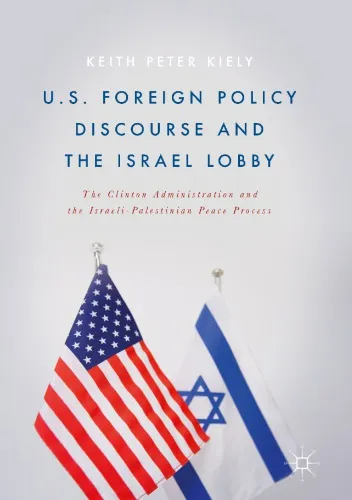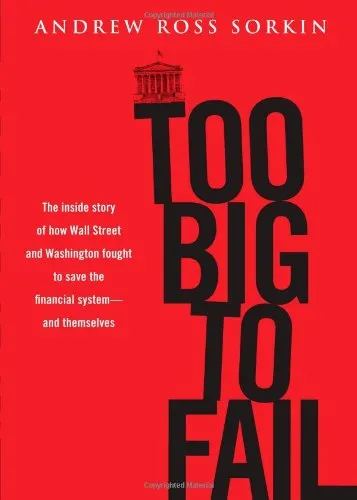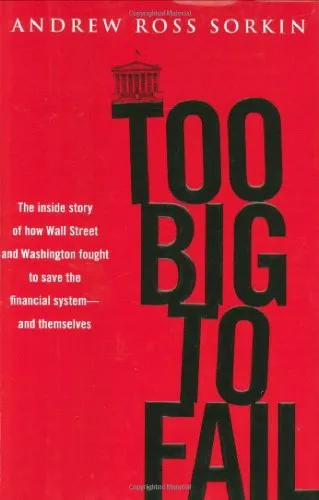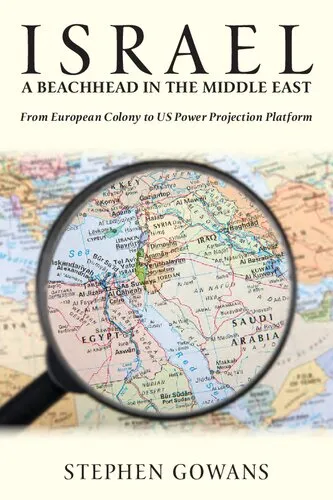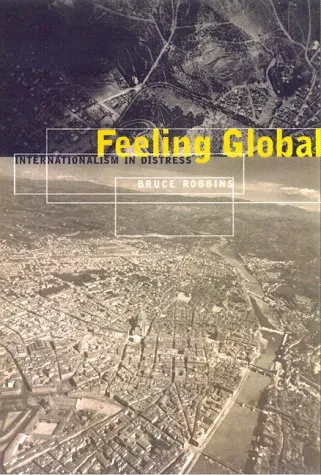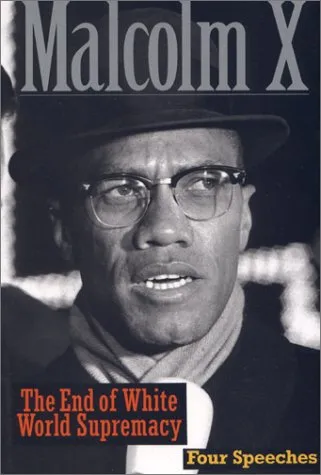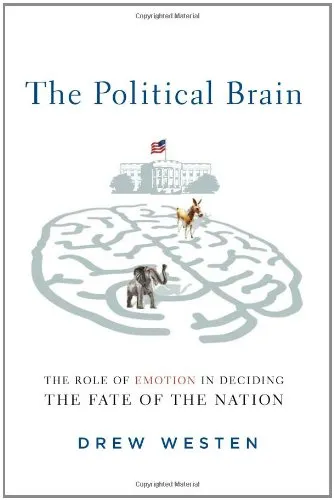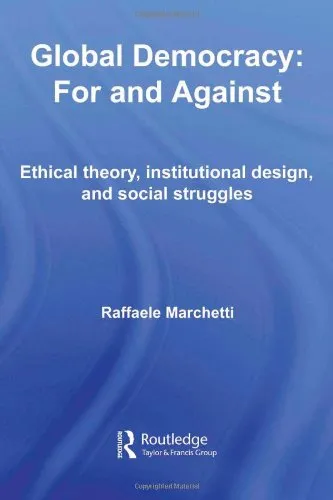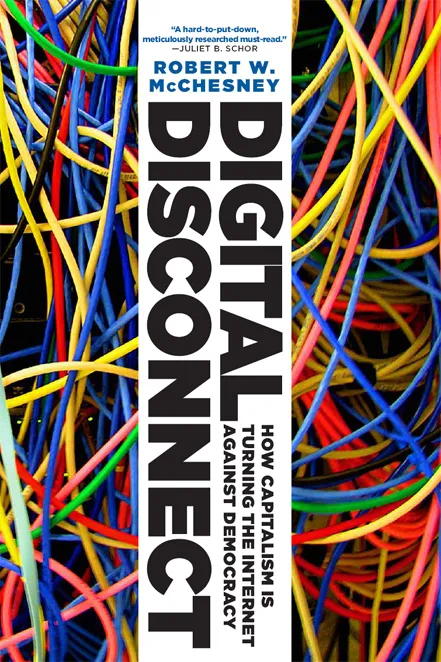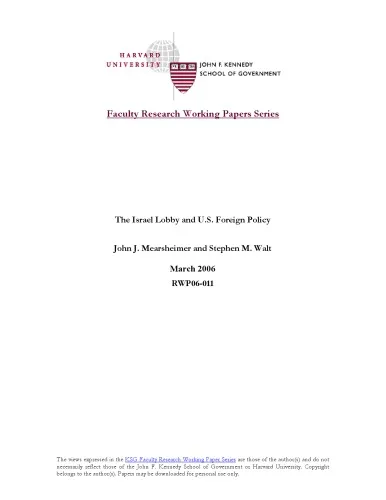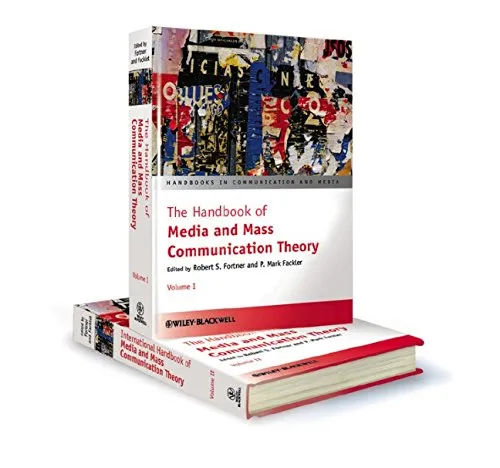U.S. Foreign Policy Discourse and the Israel Lobby : The Clinton Administration and the Israeli-Palestinian Peace Process
4.0
بر اساس نظر کاربران

شما میتونید سوالاتتون در باره کتاب رو از هوش مصنوعیش بعد از ورود بپرسید
هر دانلود یا پرسش از هوش مصنوعی 2 امتیاز لازم دارد، برای بدست آوردن امتیاز رایگان، به صفحه ی راهنمای امتیازات سر بزنید و یک سری کار ارزشمند انجام بدینکتاب های مرتبط:
معرفی کتاب "U.S. Foreign Policy Discourse and the Israel Lobby: The Clinton Administration and the Israeli-Palestinian Peace Process"
کتاب "U.S. Foreign Policy Discourse and the Israel Lobby: The Clinton Administration and the Israeli-Palestinian Peace Process" به تالیف "Keith Peter Kiely" یکی از جامعترین و پژوهشمحورترین آثار موجود درباره تأثیرات lobbies سیاسی، مخصوصاً Israel Lobby، بر سیاست خارجی ایالات متحده است. این کتاب بهطور خاص به دوران ریاست جمهوری Bill Clinton و تلاشهای او در راستای فرایند صلح Israeli-Palestinian تمرکز دارد و نقش زبان دیپلماتیک، استراتژیهای سیاسی و شبکههای نفوذ را مورد تجزیهوتحلیل قرار میدهد. این اثر علمی مناسب پژوهشگران روابط بینالملل، تحلیلگران سیاسی و علاقهمندان به مطالعات خاورمیانه است.
خلاصهای از محتوای کتاب
این کتاب به بررسی چارچوبهای سیاسی و گفتمانهای رسمی دولت Clinton پرداخته و نحوه تعامل و نفوذ Israel Lobby را در تصمیمگیریهای کلیدی سیاست خارجی ایالات متحده برجسته میسازد. نویسنده برای تحلیل فرایند Israeli-Palestinian Peace Process، از ترکیب نظریههای گفتمان Foucauldian، تحلیل Political Advocacy و اقدامات عملیاتی استفاده کرده است. همچنین، کتاب به شکلی تطبیقی تاریخچه روابط دیپلماتیک میان اسرائیل و فلسطین را بازگو میکند و روشهایی که Israel Lobby موفق شد سیاستهای ایالات متحده را در این حوزه شکل دهد، مورد بررسی قرار میگیرد.
نکات کلیدی
- تحلیل جامع از رویکرد دیپلماتیک دولت Clinton در مسئله اسرائیل و فلسطین.
- نقش Israel Lobby در تغییر و جهتدهی به گفتمان سیاست خارجی ایالات متحده.
- اهمیت استفاده از نظریههای گفتمان Foucauldian در تحلیل سیاست خارجی.
- نقد سیاستهای مبتنی بر Neorealism و ارائه چشماندازی تازه نسبت به ارتباط میان Advocacy Groups و سیاستها.
- چگونگی تأثیر استراتژیهای دیپلماسی عمومی بر شکلگیری دیدگاههای جهانی درباره Israeli-Palestinian Peace Process.
جملات معروف از کتاب
"The Israel Lobby does not create U.S. foreign policy, but it plays a central role in influencing and reshaping the discourse that frames it."
"Discourse is not simply a product of policy but a key driver that legitimizes or delegitimizes actors within the international system."
"The Clinton Administration’s peace rhetoric often masked deeper structural alignments with the lobby's strategic interests."
چرا این کتاب اهمیت دارد؟
این کتاب به دلیل پرداختن به موضوعی کلیدی که کمتر در پژوهشهای علمی مورد توجه قرار گرفته، اهمیت ویژهای دارد. مطالعاتی که روابط Israel Lobby و سیاست خارجی ایالات متحده را بررسی کردهاند، عمدتاً از نگاه امنیتی یا نهادی این موضوع را تحلیل کردهاند؛ اما این کتاب از منظر گفتمانی و فرهنگی به بررسی این تأثیر پرداخته است. تجزیهوتحلیل پیچیدگیهای روابط میان سیاستمداران، گروههای فشار و دیپلماسی چندجانبه از ویژگیهای شاخص این کتاب است. همچنین، این اثر پژوهشگران را تشویق میکند تا به نقش زبان و گفتمان در شکلدهی به سیاست خارجی، با نگاهی ژرفتر بنگرند.
Introduction
"U.S. Foreign Policy Discourse and the Israel Lobby: The Clinton Administration and the Israeli-Palestinian Peace Process" delves into one of the most contentious and politically charged topics in U.S. foreign policy. Written by Keith Peter Kiely, the book critically examines the dynamics of U.S. policy-making during Bill Clinton's presidency, focusing on the influence of the Israel Lobby and the broader discourse shaping the Israeli-Palestinian peace process. By exploring the intersection between domestic politics, international diplomacy, and special interests, this work provides invaluable insight into a pivotal period in Middle Eastern politics.
This book not only evaluates the effectiveness of the Clinton Administration’s approach but also investigates the impact of the Israel Lobby in shaping American foreign policy agendas, rhetoric, and actions. Through carefully documented research grounded in political theory, international relations, and historical analysis, readers gain new perspectives on how narratives influence policymaking and how domestic and international factors intersect in the realm of diplomacy.
Detailed Summary of the Book
The book begins with an exploration of the U.S. domestic political environment of the 1990s, identifying the key players and stakeholders involved in shaping foreign policy on the Israeli-Palestinian conflict. Central to the analysis is the discourse wielded by the U.S. government under the Clinton Administration, which was often guided by longstanding narratives of unwavering support for Israel. Kiely carefully deconstructs these narratives, contextualizing how they emerged and evolved over time.
Moving forward, the author examines the structural and ideological configuration of the Israel Lobby, including organizations, interest groups, and influential individuals. These actors played a significant role in directing U.S. foreign policy initiatives and framing debates on Middle Eastern affairs. In addition, the book critically analyzes the Oslo Accords and other peace initiatives, assessing the degree to which the Clinton Administration's policies were influenced by domestic factors versus regional realities on the ground.
Kiely's work is particularly attentive to discourse analysis, offering a nuanced perspective on how language and rhetorical constructs served as instruments of policy formulation. Drawing from speeches, official documents, and media reports, the author investigates the narratives propagated by policymakers and their larger implications for U.S.-led peace efforts.
Unlike traditional critiques, which often focus solely on geopolitical considerations, this book emphasizes the interplay of discourse, ideology, and influence. Through this, readers gain a holistic understanding of the complex forces at work during this critical time frame.
Key Takeaways
- The influence of the Israel Lobby on U.S. foreign policy is multifaceted, encompassing political, economic, and cultural dimensions.
- Discourse and narratives play an essential role in shaping both domestic perceptions and international policy decisions.
- The Clinton Administration’s approach to the Israeli-Palestinian conflict reflected broader systemic challenges in U.S. diplomacy, including balancing special interests with global responsibilities.
- While peace initiatives like the Oslo Accords showed promise, their outcomes underscored the limitations of U.S. mediation efforts when heavily influenced by domestic lobbies.
- The book encourages readers to critically evaluate the intersection of power, politics, and ideology in shaping foreign relations.
Famous Quotes from the Book
"Discourse is not merely language; it creates the very structures of power upon which policies are enacted."
"The strength of the Israel Lobby lies not solely in its advocacy but in its ability to embed its narratives deeply into the fabric of U.S. political identity."
"The Clinton Administration’s paradox was attempting to be a neutral mediator while simultaneously adopting language and policies favoring one side."
Why This Book Matters
This book provides crucial insights into one of the most enduring conflicts in modern history and the role of U.S. foreign policy in managing (and at times exacerbating) it. For students of political science, international relations, and history, 'U.S. Foreign Policy Discourse and the Israel Lobby' offers a fresh and critical perspective that challenges conventional wisdom. By emphasizing the importance of discourse, the book highlights how deeply ingrained narratives shape perceptions and decisions at the highest levels of government.
Additionally, it provides valuable lessons for policymakers, advocates, and citizens on the complexities of balancing domestic interests with international responsibilities. Its enduring relevance lies in how it uncovers the intricate relationship between power, influence, and rhetoric—a dynamic as significant today as it was during the Clinton era.
Ultimately, Keith Peter Kiely’s work encourages readers to question the mechanisms of power and ideology, offering a thought-provoking critique of the structures that continue to underpin U.S. foreign policy.
دانلود رایگان مستقیم
شما میتونید سوالاتتون در باره کتاب رو از هوش مصنوعیش بعد از ورود بپرسید
دسترسی به کتابها از طریق پلتفرمهای قانونی و کتابخانههای عمومی نه تنها از حقوق نویسندگان و ناشران حمایت میکند، بلکه به پایداری فرهنگ کتابخوانی نیز کمک میرساند. پیش از دانلود، لحظهای به بررسی این گزینهها فکر کنید.
این کتاب رو در پلتفرم های دیگه ببینید
WorldCat به شما کمک میکنه تا کتاب ها رو در کتابخانه های سراسر دنیا پیدا کنید
امتیازها، نظرات تخصصی و صحبت ها درباره کتاب را در Goodreads ببینید
کتابهای کمیاب یا دست دوم را در AbeBooks پیدا کنید و بخرید
1496
بازدید4.0
امتیاز0
نظر98%
رضایتنظرات:
4.0
بر اساس 0 نظر کاربران
Questions & Answers
Ask questions about this book or help others by answering
No questions yet. Be the first to ask!
